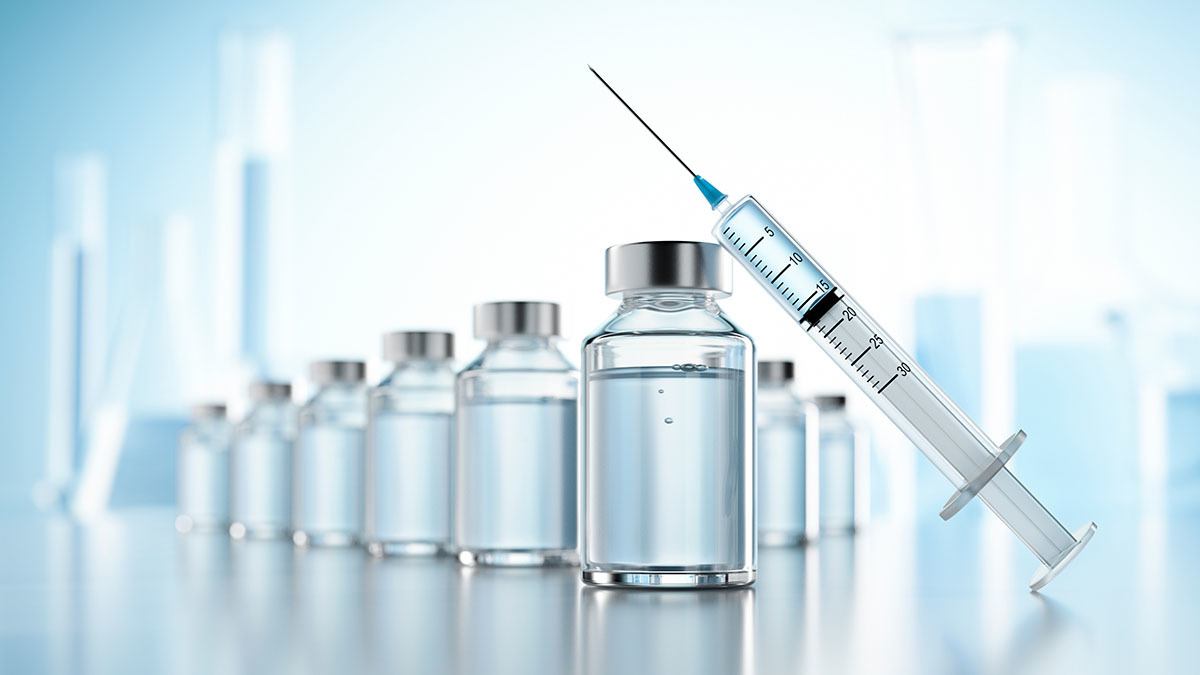USP Biocompatibility Related Leachables Testing
The United States Pharmacopeia (USP) biocompatibility testing standards play a critical role in ensuring the safety and quality of medical devices, pharmaceuticals, and related products. Extractables and leachables are substances that can be released into bodily fluids from materials used in contact with these products during storage or use. This service focuses specifically on USP biocompatibility-related leachables testing, which is essential to ensure compliance with relevant standards.
The process involves a series of meticulous steps aimed at identifying and quantifying potential contaminants that may be released into the body. These contaminants could include metals, organic compounds, or other materials from packaging, manufacturing equipment, or device components. The aim is to guarantee that these substances do not pose any risks to health when they come into contact with biological systems.
The testing protocol begins with a comprehensive review of the product's design and manufacturing process to identify all potential sources of leachable compounds. This includes materials in direct contact with the product, such as packaging, containers, and components used during processing or delivery. Once identified, these materials are subjected to extraction procedures designed to simulate real-world conditions.
One common method is solvent-based extraction, where solvents like ethanol, methanol, or water are used to extract leachable compounds from the material surface. This process mimics how substances might be released during storage and handling of medical devices or pharmaceuticals. After extraction, the sample undergoes analysis using various analytical techniques such as High-Performance Liquid Chromatography (HPLC), Gas Chromatography-Mass Spectrometry (GC-MS), Inductively Coupled Plasma Mass Spectrometry (ICP-MS), and Fourier Transform Infrared Spectroscopy (FTIR).
The analysis focuses on identifying and quantifying specific compounds that could potentially leach out. The list of target analytes depends heavily on the nature of the material being tested and its intended use. For instance, metals like chromium, nickel, or cobalt might be targeted if stainless steel is involved, while organic compounds such as polyethylene glycol (PEG) derivatives may be monitored in plastic-based products.
Once identified, these compounds are compared against the limits set by USP standards to determine whether they fall within safe thresholds. Compliance with these limits ensures that the product meets stringent safety requirements and can be used without causing harm. It's important to note that while leaching itself is inevitable due to material interactions, it must be controlled to ensure no harmful levels reach biological systems.
The testing process also involves thorough documentation of each step taken throughout the extraction and analysis phases. This includes recording all chemical reagents used, conditions under which tests were conducted, and any deviations from standard procedures that occurred during the experiment. Such detailed records are crucial for maintaining traceability and reproducibility in future evaluations.
A key aspect of this service lies in its ability to help clients understand not just whether their products comply with USP biocompatibility requirements but also why certain compounds were detected or absent. This insight can guide ongoing product development efforts towards creating safer, more reliable solutions for healthcare applications.
Eurolab Advantages
- Comprehensive Expertise: Our team of highly qualified scientists and engineers brings extensive experience in pharmaceutical testing, ensuring accurate and reliable results for your leachables analysis.
- State-of-the-Art Facilities: Equipped with cutting-edge instrumentation such as HPLC, GC-MS, ICP-MS, and FTIR, we can handle a wide range of materials and complex samples.
- Prompt Turnaround Time: We understand the importance of timely reports for your projects. Our efficient workflow allows us to deliver results faster than industry averages.
- ISO 17025 Accreditation: As an ISO 17025 accredited laboratory, we adhere strictly to international standards, providing you with confidence in our testing practices.
We pride ourselves on delivering accurate, consistent, and timely results that exceed expectations. With us, you get more than just lab services; you gain access to a partner committed to supporting your quality assurance initiatives.
Environmental and Sustainability Contributions
The pharmaceutical industry plays a pivotal role in maintaining public health globally. Ensuring the safety of medical devices, drugs, and other products through rigorous testing is crucial for this mission. At Eurolab, our commitment to sustainability extends beyond just environmental stewardship but also encompasses ethical business practices.
By offering USP biocompatibility-related leachables testing services, we contribute positively towards reducing risks associated with harmful substances entering the human body. This proactive approach helps prevent potential adverse health effects linked to improperly tested products. Such measures align closely with global efforts aimed at improving healthcare outcomes while minimizing environmental impacts.
Our laboratory practices are designed not only to meet but also exceed regulatory requirements, thereby fostering trust among stakeholders. By adhering strictly to USP biocompatibility standards and employing advanced analytical techniques, we ensure that every product receives thorough scrutiny before being released into the market.





